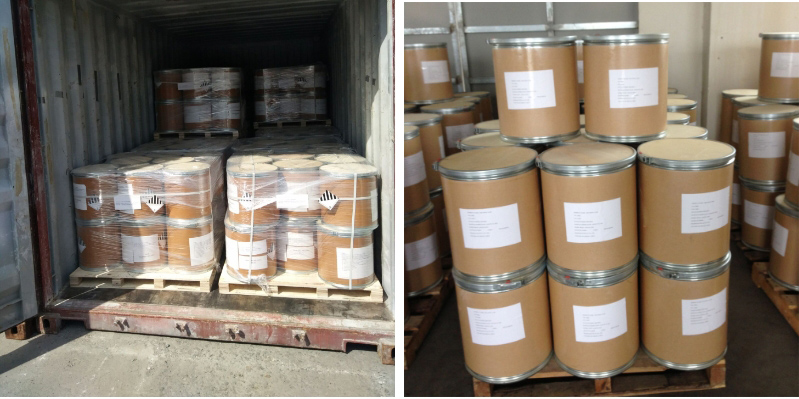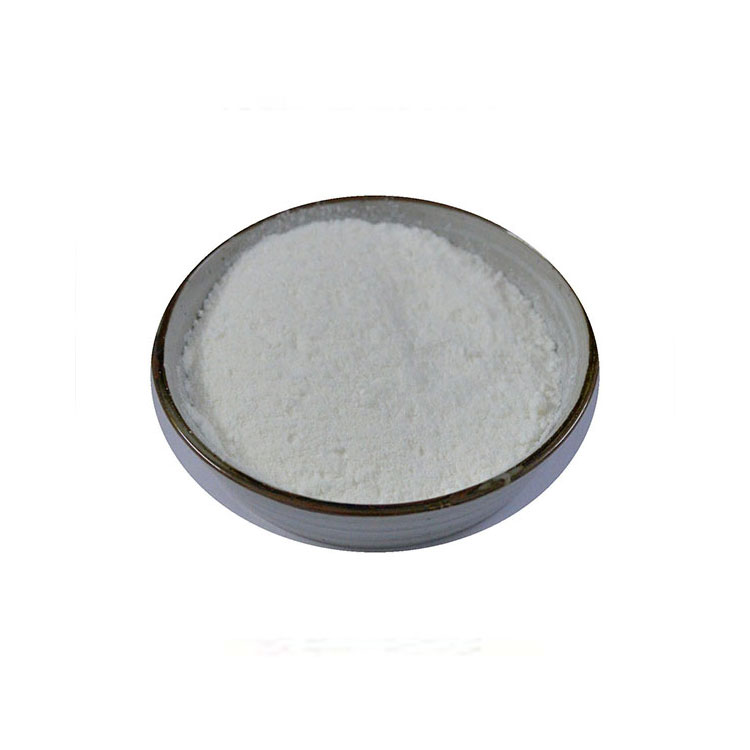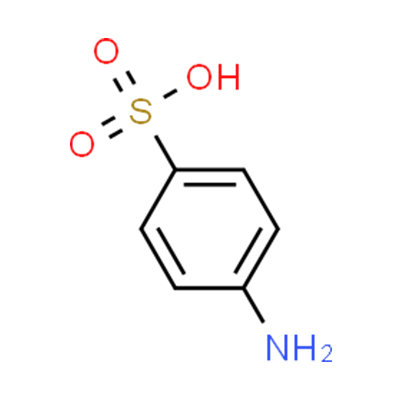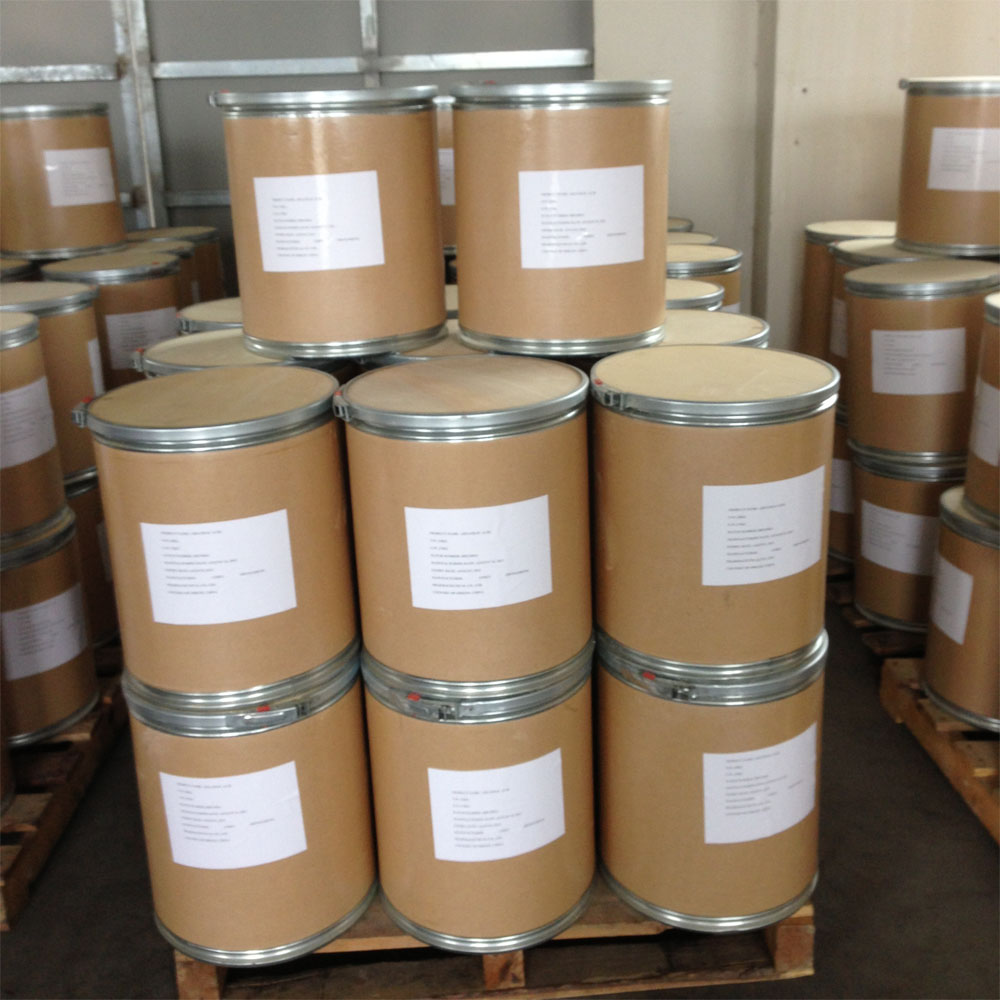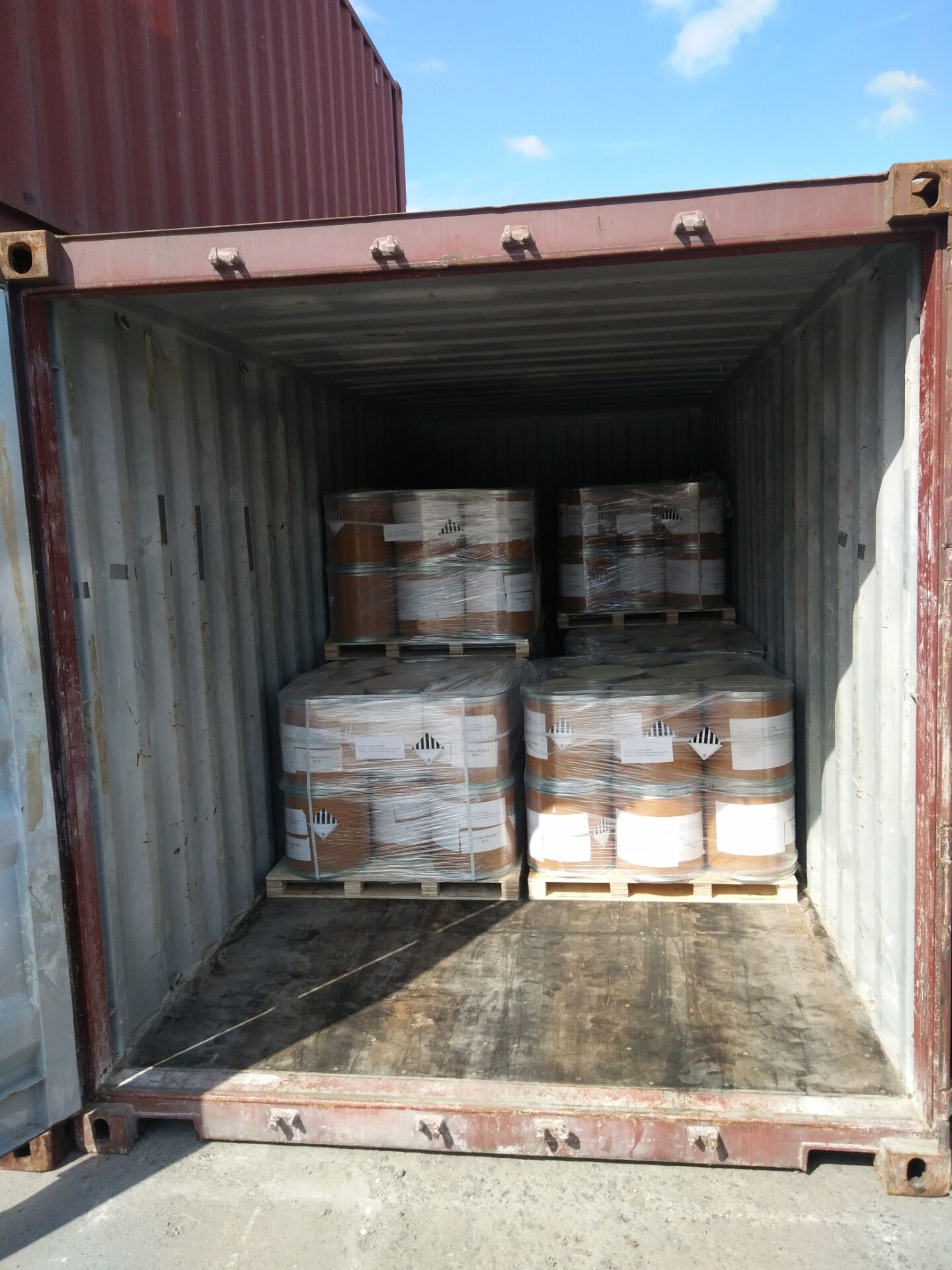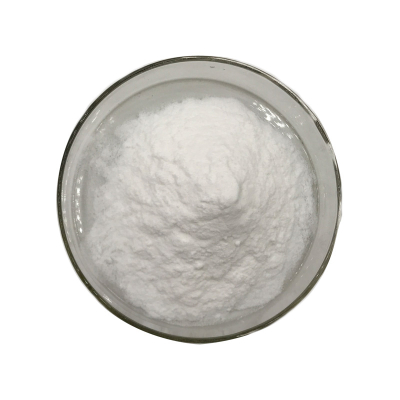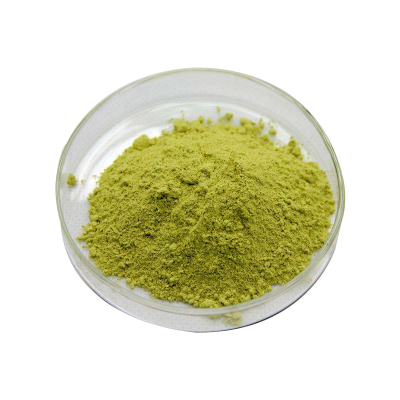Sulfanilic Acid CAS#121-57-3
Sulfanilic acid CAS#121-57-3 Promotion Season Now in Store and Free Sample for Testing with Factory Price
Chemical Name:Sulfanilic acid
CAS No.:121-57-3
Molecular Formula:C6H7NO3S
Molecular weight:173.19
Sample: Available
Mode of Transportation
1. By Air, fast but expensive.
2. By Sea, usual and economy.
3. By Train, suit for middle Asia countries.
4. By Express, suit for small package.
We only provide highest quality goods available, accompanied by after support!
Products Description of Sulfanilic acid CAS#121-57-3
White or off-white crystal. Hydrates lose water at 100°C, and anhydrous substances begin to decompose and carbonize at 280°C. Relative density 1.485 (25/4). Slightly soluble in cold water, insoluble in ethanol, ether and benzene, significantly acidic, soluble in caustic soda solution and sodium carbonate solution.
Sulfanilic acid Chemical Properties
Melting point | >300 °C(lit.) |
Boiling point | 288 ℃ |
density | 1.485 |
vapor pressure | 0Pa at 25℃ |
refractive index | 1.5500 (estimate) |
storage temp. | Store below +30°C. |
solubility | 10g/l |
pka | 3.24(at 25℃) |
form | solid |
color | White to Off-White |
PH | 2.5 (10g/l, H2O, 20℃) |
Water Solubility | 0.1 g/100 mL (20 ºC) |
Merck | 14,8926 |
BRN | 908765 |
Stability: | Stable. Incompatible with strong oxidizing agents. |
InChIKey | HVBSAKJJOYLTQU-UHFFFAOYSA-N |
LogP | -2.3 at 25℃ |
CAS DataBase Reference | 121-57-3(CAS DataBase Reference) |
NIST Chemistry Reference | Benzenesulfonic acid, 4-amino-(121-57-3) |
EPA Substance Registry System | Sulfanilic acid (121-57-3) |
Safety Information
Hazard Codes | C,Xi |
Risk Statements | 36/38-43-34 |
Safety Statements | 26-36/37/39-45-37-24-36/37 |
RIDADR | UN 2790 8/PG 3 |
WGK Germany | 1 |
RTECS | WP3895500 |
Autoignition Temperature | >400 °C |
TSCA | Yes |
HS Code | 29214210 |
Hazardous Substances Data | 121-57-3(Hazardous Substances Data) |
Toxicity | LD50 orally in Rabbit: 12300 mg/kg |
Product Application of Sulfanilic acid CAS#121-57-3
Para-aminobenzene sulfonic acid is mainly used in the manufacture of dyes, printing and dyeing auxiliaries, prevention and control of wheat rust, and as intermediates for spices, food colorings, medicines, whitening agents, pesticides, etc. It can be used as benchmark reagents, experimental reagents and chromatographic analysis Reagents used in organic synthesis and chemical analysis processes.
Determine ammonia, cerium, and nitrite, and determine aluminum, magnesium, potassium, sodium, iodine, iodide, and nitrite. Elemental analysis standards for carbon, hydrogen, nitrogen, oxygen and sulfur. Used with 1-naphthylamine to determine nitrite, test osmium and ruthenium, indirectly determine potassium through potassium nitrite, determine serum bilirubin, and soil analysis.
Factory and Equipment Show
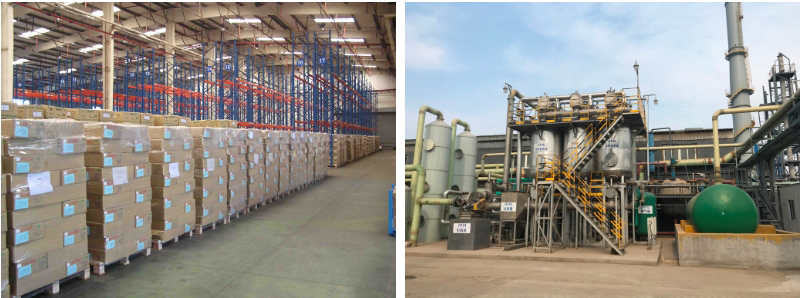
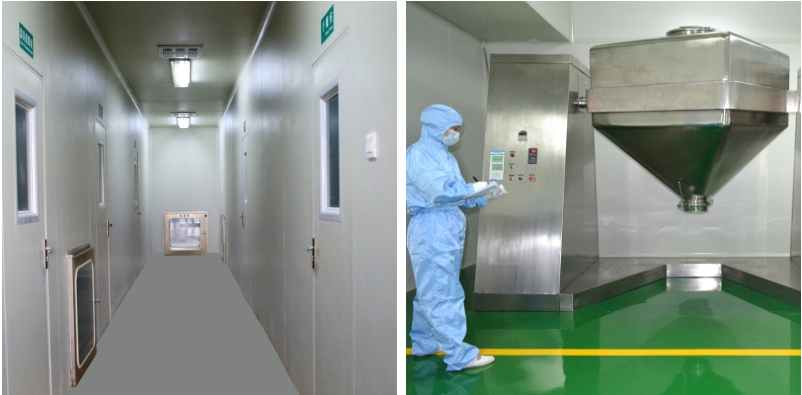
Fast delivery time
Inventory 2-3 working days New production 7-10 working days
